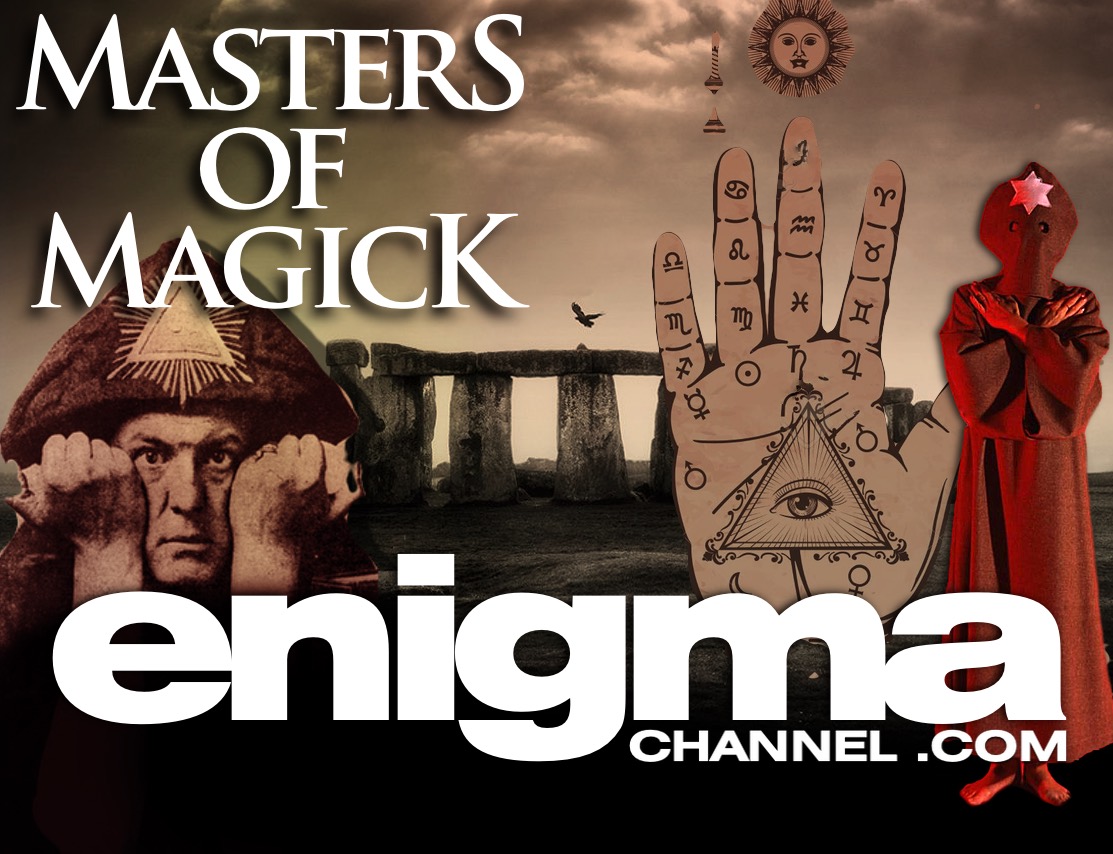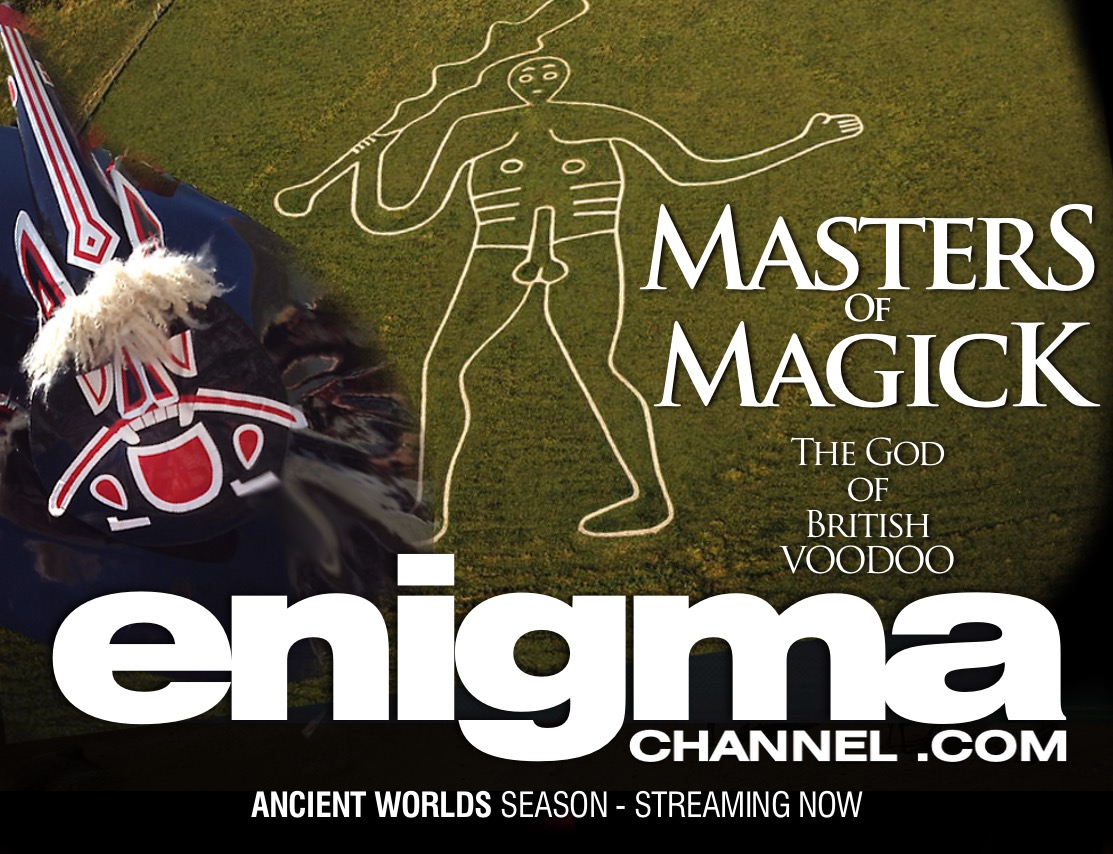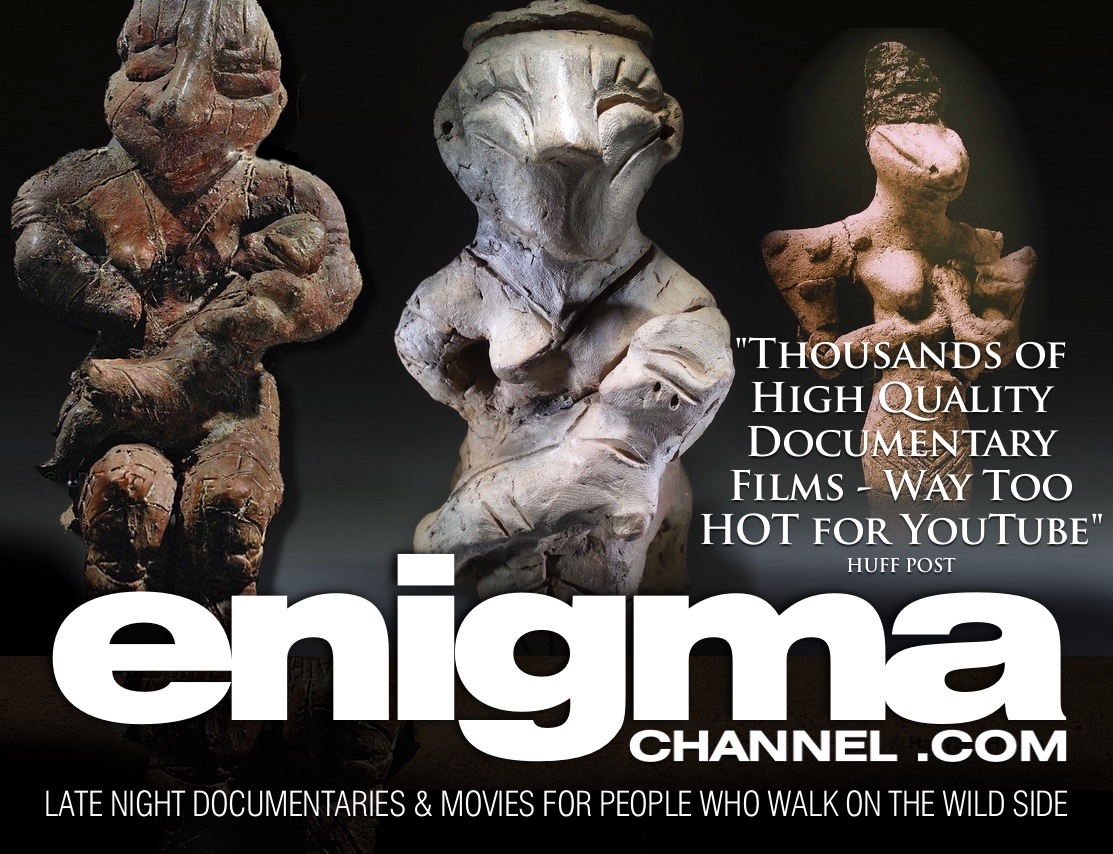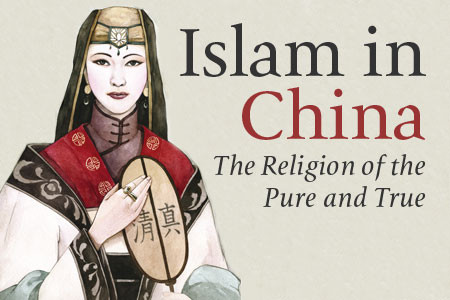The Knights Templar kissed eachother's anus and trampled and spat on the Bible in secret ceremonies. From the 12th century, the Templars used a double-sided seal, or 'sigil' which features two knights on one horse. On the reverse was an engraving of The Dome of the Rock (known as the Church of the Holy Sepulchre) which was the epicentre of a new 'Kingdom of Jerusalem'. Dressed as bandits they would terrorise pilgrims, and then claimed that they were 'protectors' of the pilgrims, charging Protection Money.
Once in Palestine and Lebanon, the Templars concentrated on looting archaeological sites, and actually became friendly with their 'enemies', bringing back to Europe books of Arabic and Judaic black magic...
The name of a goat-headed humanoid demon called 'Baphomet' appeared in trial transcripts for the Inquisition of the Knights Templar in the year 1307. It was one of the major pieces of evidence which caused Templarism to escape to the Highlands, Spain and France. They emerged again in modern times, usually with an affiliation with regional or local lodges of freemasons.
As the Templars loan sharked, pillaged and plundered the treasures of Palestine, they left a seal, or SIGIL everywhere to mark their authority.
The Sigil of the Templars was then stamped on medals and commemorative coins which sometimes were substitutes for loans and real money. The Templars Sigil was used by Bertrand de Blanquefort, the order's sixth Grand Master, in 1158, and it remained in use until the Templars were outed as witches, in 1312. However, some Templar medallions have a different reverse side - and this has an image of the 'Supreme Being' known as ABRAXAS...
Sigils speak directly to the oldest evolved parts of the human brain and in Voodoo, it is believed that spirits can actually 'enter' a sigil and become manifested simply by drawing the sigil in sand or gunpowder.
Sigils are what we have on our paper money and coins today.
Seals - or Sigils - have been used by magicians, witches and Grand Masters for thousands of years. Today, you, your family and your children are DROWNING in these occult SIGILS... You have them in your pocket, and yet 99% of people have no idea of the spiritual impact these sigils have - they live in ignorance because they haven't been watching the Enigma Channel...
Whilst ransacking Palestine and Lebanon, the Templars became privy to the Holy Book of the Great Invisible Spirit, which was also known as the Coptic Gospel of the Egyptians, which was part of the corpus of fragmentary parchments of the Nag Hammadi library, discovered by accident in 1945. Our research here on the Enigma Channel shows that the Knights Templar were already aware of the Nag Hammadi literature [or at least its contents] by the 12th century - but were kept secret for an astonishing 800 years...
So, what, exactly was the 'invisible spirit' in the Holy Book of the Great Invisible Spirit? Was it god, or Jesus? No, it was a spirit depicted as a man with SNAKES AS FEET - his name is ABRAXAS - and his image was carved into valuable gemstones which were used in the international banking trade which the Templars started between Jerusalem and London.
Abraxas has the body of a man, but the head of a cockerel. When you see a chicken head on posters and on TV commercials, it is usually an occult reference to Abraxas.
Abraxas is depicted in gnostic literature as an 'Archon'. In fact Abraxas is considered to be the holy PRINCEP, or main god who rules over all others - yes, this strange bird-headed man, with snakes as feet and legs, is considered by many cults to be the 'Supreme Being'.
According to the Nag Hammadi texts, the archons are rulers, each related to one of seven planets; they prevent souls from leaving the material realm - and thus are trying to keep humanity imprisoned by preventing the 'Wheel of Life' of reincarnation from functioning correctly.
This may explain why today we have major religions who believe in reincarnation, but there are more and more and more humans being born every day - posing the question where did their souls come from if all souls are 'recycled'.
You can see Grimoires and Sigils featured on the Enigma Channel when we visit the Kings Library in London... The most notorious of grimoire books is the GOETIA which lists 72 primary demons of hell. These 72 demons are the Quilipoth ‘husks’ - mutant mistakes from the time of creation which haunt people’s homes and can even possess and take over a human body...

Start watching our MASTERS OF MAGICK season now - click here to join our global audience: https://gumroad.com/l/zzBZy Not on Netflix. Not on YouTube.
PLEASE HELP THE ENIGMA CHANNEL GROW - we have triggered a global revolution in the way people see the world after viewing our films. The Enigma Channel was the first station to ever create bespoke video for the internet and the first online documentary channel in the world. WE EXIST BECAUSE OF YOU.
Click this link to subscribe using our GumRoad subscription system https://gumroad.com/l/zzBZy
https://gumroad.com/l/zzBZy
PLEASE HELP THE ENIGMA CHANNEL FUND NEW FILMS SUCH AS: "THE SECRET HOLOCAUST"... Click the link to subscribe and become one of our 'Film Producers' - Yes, we make films FOR YOU.
The GumRoad membership service gets you signed-up and watching within just 2 minutes.
Already have an account?
Here is the log-in link:
https://watch.enigmatv.com/login
HOW TO LOG-IN:
1. Open a fresh browser tab
2. paste the whole log-in URL including 'https'
3. Type in your Username & email
NOTE: We have replaced our old membership system with the new 100% secure GumRoad subscription service. If you subscribed with our old clunky system years ago, then please sign-up for a fresh account using our GumRoad membership system - click the button below to get renewed.
Exclusive films and TV shows. Not on YouTube. Not on Netflix.
Are you ready to dance the dance of the OBBY OSS?
Stop wasting your time hunting for something good to watch.
You just found it: Thousands of hours of TV shows and documentaries...
A whole world of information.
It's called THE ENIGMA CHANNEL!
Click to watch thousands of hours of exclusive films
THE ENIGMA CHANNEL team make in-depth documentaries, news reports and movies... You can kiss goodbye to all those unedited wobbly short clips on Youtube...

Click the link https://gumroad.com/l/zzBZy to set-up your subscription



